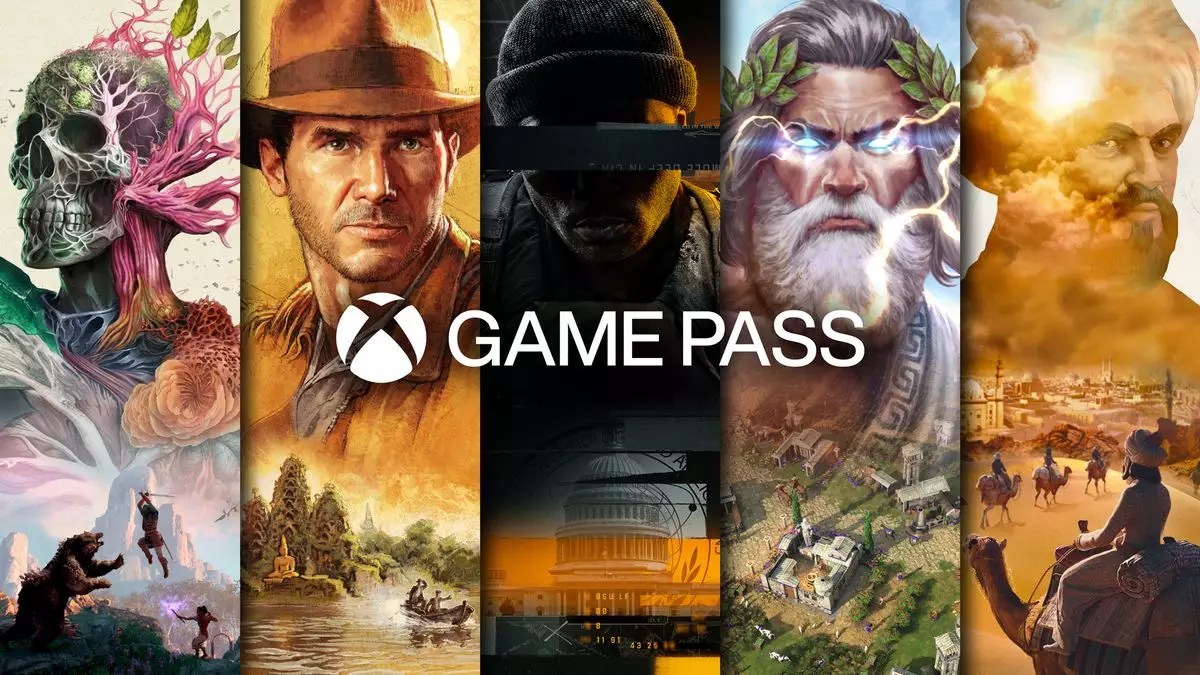In recent years, the landscape of console gaming has experienced a noteworthy shift, particularly in the way major players interact with one another. Phil Spencer, the CEO of Microsoft Gaming, has unveiled a refreshing approach, signaling a departure from the previous strategy of aggressive competition with rival platforms like PlayStation and Nintendo Switch. This move represents a significant cultural change in the gaming industry, where collaboration and accessibility are becoming increasingly prioritized over exclusivity and rivalry.
Spencer’s recent comments reveal that Microsoft is no longer fixated on converting players from Nintendo and Sony to the Xbox Series X|S. Instead, the focus has shifted towards a more inclusive philosophy, emphasizing that a broader audience should have access to games produced by Microsoft’s extensive roster of developers, which includes Bethesda and Activision Blizzard. This strategic pivot is indicative of a fundamental shift in prioritizing the gaming experience over platform allegiance.
The business model behind game distribution has always been complex. Spencer highlighted that while Microsoft enjoys a 100% revenue share from game sales on its own platform, it only gets 70% from sales made on competitors’ consoles. While this difference in revenue is significant, Spencer seems to understand that the goal is not merely to maximize profits from sales but to cultivate a passionate community of gamers across different platforms. By allowing more players to enjoy their games, Microsoft can build a robust ecosystem of loyal fans, regardless of the platform.
This approach is particularly evident in Microsoft’s openness to porting successful titles to other consoles. Games like “Grounded” and “Sea of Thieves” have made headway into the gaming libraries of PlayStation and Nintendo Switch. Upcoming titles, such as “Forza Horizon 5” and “Indiana Jones and the Great Circle,” are also on the horizon, illustrating a resolute commitment to broadening access. This strategy not only makes business sense but also aligns with the fundamental values inherent within the gaming community—unification through shared experiences.
Moving into the future, Spencer articulated a commitment to transparency regarding where games are available. Instead of obscure marketing approaches that hide competitor logos, Xbox will embrace honesty. In his view, players deserve to know exactly where they can find the games they are excited about. This transparency echoes a mature understanding that gamers are loyal not strictly to hardware, but to the content that resonates with them.
The open acknowledgment of cross-platform availability suggests a confidence in the quality of Microsoft’s offerings. By removing barriers and extending their games to multiple platforms, Microsoft is effectively recognizing that gamers’ choices are often dictated by preference rather than brand allegiance. This recognition indicates a readiness to adapt and evolve in a constantly shifting market.
Despite this newfound focus on inclusivity and community building, Spencer reassured that Microsoft remains committed to its in-house hardware and systems. This commitment includes further developments in the Xbox hardware lineup, with whispers of a next-generation console already causing buzz among avid gamers. Moreover, speculation around a potential handheld console reflects the company’s awareness of gaming trends that lean towards portability and flexibility.
This forward-thinking approach is refreshing for a sector that has, in many instances, been rooted in outdated competitive practices. By fostering partnerships and making gaming accessible across different platforms, Microsoft is not just poised for commercial success, but it’s setting a standard that could redefine the industry’s future dynamics. The evolution from a cutthroat mentality to one of collaboration is a noteworthy chapter in gaming history, promising a future where content takes precedence over competition.
Phil Spencer’s leadership has ushered in a new era for Microsoft Gaming. The company’s dedication to making games available to a wider audience on rival platforms, its commitment to transparency, and an openness to innovation collectively signify a transformative shift in the gaming industry. As Microsoft continues to redefine its strategies towards inclusivity, the impact on gamers and the overall landscape will likely be profound and long-lasting, challenging other platforms to consider similar philosophies. This new direction not only fosters a sense of community among gamers but also reinforces the idea that gaming, at its core, is about shared enjoyment and connection, regardless of the hardware in hand.


Leave a Reply